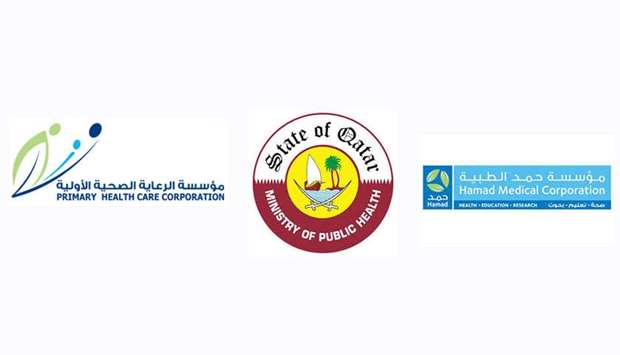The Ministry of Public Health (MoPH) has launched a Covid-19 environmental testing, in partnership with a number of governmental, educational and research institutions in Qatar, to support and enhance surveillance and contact tracing efforts.
During the pilot phase, innovative technology was used to collect surface, air, and wastewater samples and test for the presence of Covid-19. Results will allow the authorities to detect the presence of the virus and monitor any potential spread earlier through its concentration in wastewater. It will also help assess the efficacy of cleaning protocols to remove viral contamination in different environments.
Environmental testing provides significant support for the epidemiological and contact tracing teams on the ground. It extends the reach of the contact tracing team beyond individuals who have been in contact with positive Covid-19 cases to areas and environments that the positive individual may have visited and as such present a risk.
The environmental testing research is one example of the innovative, evidence-based approach Qatar is taking in its response to the Covid-19 pandemic. The results will inform the response and strategic planning moving forward.
“The immediate need is clearly to tackle the Covid-19 pandemic and support Qatar’s efforts with additional data to track viral spread. However, in the longer-term setting up such a national environmental screening infrastructure would go a long way toward screening the supply chain into Qatar and supporting screening efforts during the 2022 FIFA World Cup,” said Sheikh Dr Mohamed bin Hamad al-Thani, Director of the Department of Public Health at the Ministry of Public Health.
“This pilot study highlights the established scientific base with diverse and complementary expertise in Qatar that has been built over the years through the efforts of the Qatari leadership, in particularly Qatar Foundation and Qatar National Research Fund. It further shows an effective collaborative effort in support of national needs and the ability of innovative scientific approach to advance the management of the epidemic in Qatar,” said Dr Khaled Machaca, Professor of Physiology and Biophysics, Senior Associate Dean for Research, Innovations and Commercialisation, Weill Cornell Medicine – Qatar.
With the lifting of Covid-19 restrictions and the gradual resumption of normal activities, MoPH plans to scale up the project to include educational facilities and local water treatment networks to provide enhanced surveillance and support the robust early detection efforts.
The pilot study has been launched as part of the initiative taken by the Scientific Reference and Research task Force established as part of the response to Covid-19 in Qatar to provide the available scientific evidence to policymakers for their decision making.
MoPH is supported in this project by eight organisations, namely Hamad Medical Corporation, Qatar University, Qatar Environmental, and Energy Research Institute, Public Works Authority (Ashghal), Qatar Biobank, Qatar Biomedical Research Institute, Texas A&M University - Qatar, and Weill Cornell Medicine - Qatar.

PHCC, MoPH, HMC
